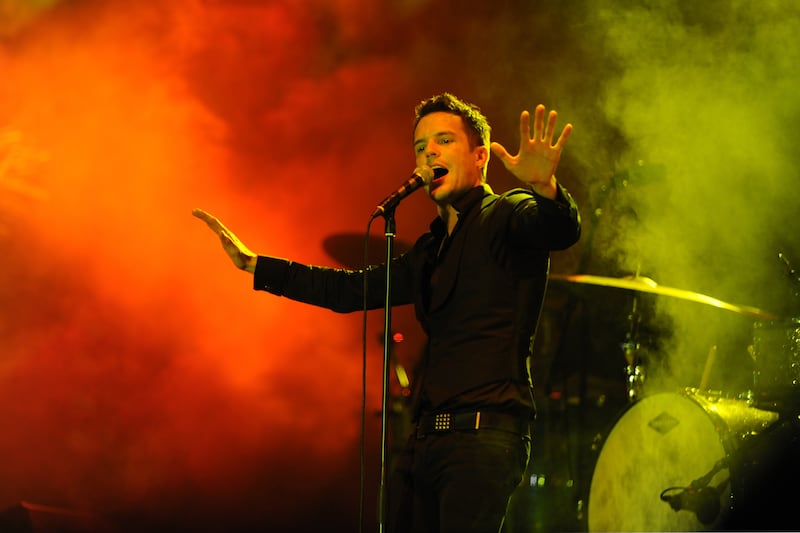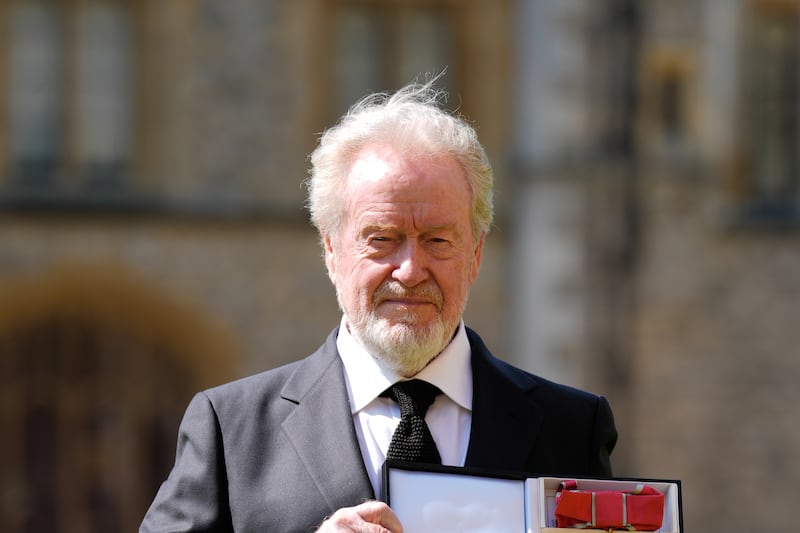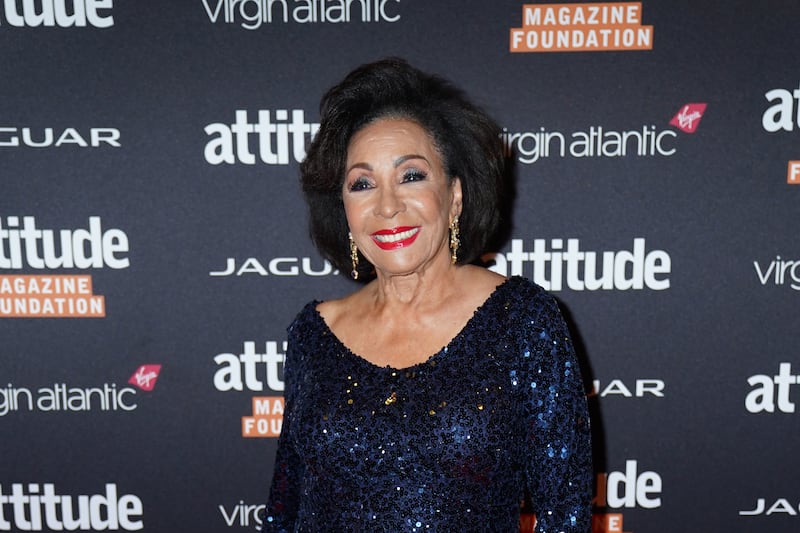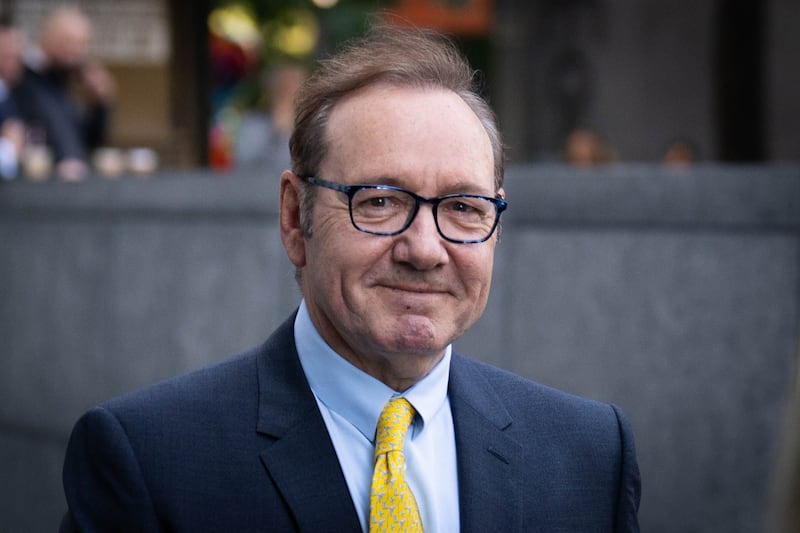Musicians, MPs and music industry leaders are set to gather in London to urge MEPs to back a copyright change.
Why are musicians taking on YouTube?
Musicians do not believe that sharing platforms such as YouTube are paying them fairly for using their music.
Although there are technologies in place to detect copyrighted music against a catalogue of registered tracks, emerging artists do not necessarily have the resources to detect their work.
Artists claim that a song needs to be streamed 51.1 million times before they can make the average UK annual salary of £27,600.
How do artists make money from YouTube?
Revenue is based on the number of streams a video has received and funded through advertising.
It is claimed that YouTube pays creators 0.00054p per stream of music, meaning a track that is streamed one million times would earn about £540.
Last year, YouTube’s head of music Lyor Cohen revealed that artists earn three dollars per thousand streams in the US, which the company claims is more than other ad-supported services.
How much revenue do artists say YouTube is making?
Artists say that 85% of YouTube’s visitors come to the site for music, contributing £2.33 billion to the website’s revenue in 2017.
What do other streaming services such as Spotify do?
Spotify and other streaming sites have two models, paid and ad-supported, which calculate revenue in the same way as YouTube, based on the number of streams.
However, Spotify does not have the same copyright restraints as YouTube – YouTube is a video-sharing platform that anyone can upload to, whereas Spotify works with record labels to choose which tracks it makes available.
What do artists hope a change to EU law would do?
Artists hope that a new EU copyright law would compel sites such as YouTube to take more responsibility for compensating them for their work.
Sir Paul McCartney is one of the supporters of initial Copyright Directive proposals – particularly Article 13, pertaining specifically to copyright. But ultimately MEPs rejected the bill in July, in favour of creating an alternative plan.








